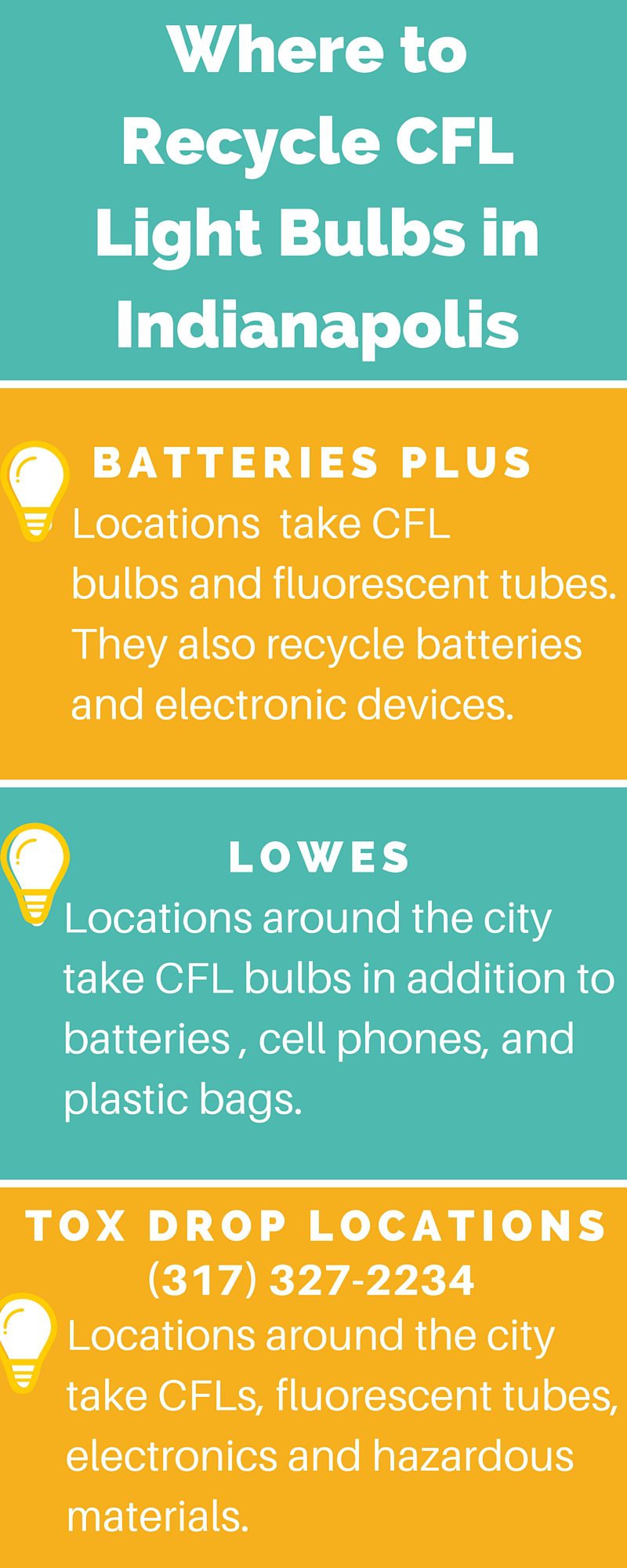Accept The Future Of Rubbish Collection With Smart Sorting Systems And Independent Vehicles - Uncover How These Advancements Will Certainly Change Waste Monitoring
Accept The Future Of Rubbish Collection With Smart Sorting Systems And Independent Vehicles - Uncover How These Advancements Will Certainly Change Waste Monitoring
Blog Article
Content By-Weiner Coyne
As you ponder the future of rubbish collection, visualize a landscape where wise arranging systems, independent waste vehicles, and waste-to-energy technologies converge to improve the way we handle waste. hop over to this website , sustainability, and a lowered environmental footprint. Remain tuned as we explore exactly how these sophisticated solutions are poised to change the rubbish collection market in the near future.
Smart Sorting Systems
Implementing smart sorting systems changes rubbish collection by simplifying the process and enhancing efficiency. These systems use innovative innovation to instantly arrange recyclables from basic waste, decreasing contamination degrees and enhancing the quantity of material that can be reused. By integrating sensing units and artificial intelligence, clever sorting systems can determine different kinds of products, such as plastics, glass, and paper, with remarkable accuracy.
With the capacity to separate materials at the source, smart sorting systems make reusing easier for people and organizations alike. By enhancing https://auditorium-cleaners-servi31986.vblogetin.com/34996073/wondering-just-how-to-improve-your-rubbish-collection-day-prep-study-these-essential-suggestions-to-make-certain-a-smooth-and-worry-free-experience of recyclables accumulated, these systems contribute to a more sustainable waste monitoring process.
Furthermore, the data gathered from these systems can help communities track reusing rates, recognize fads, and optimize collection courses.
Autonomous Garbage Trucks
Revolutionizing waste collection, Autonomous Rubbish Trucks are changing the video game with their sophisticated modern technology. These self-driving lorries browse communities successfully, reducing human mistake and maximizing garbage collection courses. Outfitted with advanced sensing units and AI systems, they can detect barriers, pedestrians, and various other vehicles, making certain safe operations.
Independent Garbage Trucks use various advantages. They help in reducing traffic congestion and exhausts by following one of the most effective paths. Furthermore, these cars run quietly, decreasing noise pollution in houses throughout morning collections. With the capability to work around the clock, they raise the productivity of waste monitoring solutions.
One vital advantage of Autonomous Rubbish Trucks is their possible to boost employee safety and security. By automating the collection process, these trucks reduce the threats associated with manual garbage collection, such as injuries from heavy training or mishaps on busy streets.
As modern technology continues to advance, these innovative cars are positioned to reinvent the waste management sector, making trash much safer, more effective, and eco-friendly.
Waste-to-Energy Technologies
With waste generation increasing, finding sustainable options is coming to be increasingly important. Waste-to-Energy (WtE) modern technologies offer an appealing technique to handling our waste while producing energy. These technologies entail converting non-recyclable waste products into usable kinds of energy like electrical power, warmth, or fuel.
By drawing away waste from landfills and incinerating it in regulated setups, WtE not just reduces the quantity of waste yet likewise produces beneficial power sources.
One typical method of WtE is mass-burn incineration, where waste is melted at high temperatures to create steam that drives wind turbines producing electrical power. One more approach is gasification, which converts waste into artificial gas that can be used for power generation or as a chemical feedstock.
Furthermore, anaerobic digestion breaks down organic waste to create biogas for energy.
Executing WtE technologies can help in reducing greenhouse gas exhausts, reduce reliance on fossil fuels, and lessen the environmental effect of waste disposal. As we pursue an extra sustainable future, welcoming Waste-to-Energy modern technologies can play a crucial function in resolving our expanding waste monitoring obstacles.
Conclusion
Finally, the future of rubbish collection is intense with cutting-edge technologies like wise sorting systems, autonomous waste vehicles, and waste-to-energy modern technologies blazing a trail in the direction of much more effective and eco-friendly practices. These developments promise to change the waste administration procedure, lower contamination levels, rise recycling rates, and add to a much more sustainable future. Prepare yourself for a cleaner, greener, and smarter means of managing rubbish in the years to come.
